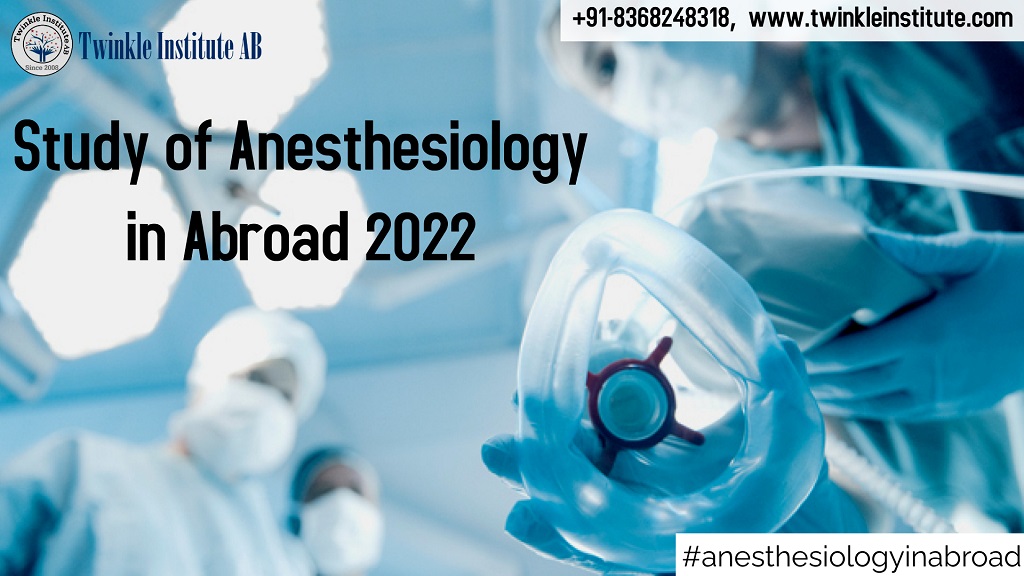study of Orthopaedics in abroad 2022
Orthopaedics Study
When someone is handicapped or afflicted, they frequently seek the services of an Orthopaedics surgeon in the hope that the surgeon may be able to repair what is damaged. This sort of doctor specializes in disorders and injuries affecting the human body’s musculoskeletal system, which includes muscles, bones, tendons, joints, ligaments, and nerves.
Orthopaedic surgeons undertake a variety of medical procedures, including osteotomies, which are surgical repairs of bone defects. Non-surgical therapies, including medicines and rehabilitative physical therapy, are also occasionally prescribed. Aspiring doctors who want to be Orthopaedic surgeons can learn about the field by reading the questions and answers below.
What Is the Role of an Orthopaedics Surgeon?
Orthopaedic surgeons are doctors who specialize in the treatment of musculoskeletal diseases such as scoliosis and severe injuries such as shattered hips. They can also aid patients who are suffering from back pain or knee discomfort. As well as those who have osteoporosis or arthritis. Orthopaedic specialists with experience treating sports injuries may be able to treat professional players and work for professional sports organizations.
What Is the Role of an Orthopaedic Surgeon?
- Orthopaedic surgeons are doctors who specialize in the treatment of musculoskeletal diseases such as scoliosis and severe injuries such as shattered hips. They can also aid patients who are suffering from back pain or knee discomfort, as well as those who have osteoporosis or arthritis. Orthopaedic specialists with experience treating sports injuries may be able to treat professional players and work for professional sports organizations.
- However, certain orthopaedic surgeons specialize in orthopaedic oncology and become masters at removing malignancies from the musculoskeletal system, and they do treat life-threatening circumstances, according to orthopaedists. Furthermore, while orthopaedic surgeons are educated to do operations, they also treat patients’ musculoskeletal disorders using non-surgical approaches, and they occasionally cooperate with physical therapists.
- Crawford believes that the procedures that orthopaedists undertake may make a significant impact on the lives of their patients. Crawford claims that hip replacement surgery, for example, may provide amazing outcomes.
- He adds that when he has conducted successful procedures on young ladies suffering from scoliosis, he has been pleased by how much more confident those young women became afterwards.
Why Should You Want to Be an Orthopaedics Surgeon?
- An assistant professor at Thomas Jefferson University’s Sidney Kimmel Medical College.
- Tucker, who works as a physician for the Philadelphia Phillies in addition to his duties as a lecturer. He enjoys the mechanical and tactile aspects of orthopaedic surgery.
- It’s almost like carpentry in a way. Since we’re dealing with the structure of the human body and repairing it.
- An orthopaedic surgeon says that orthopaedics is a sort of medicine that is always developing owing to technological advancement.
Study MBBS in Russia
How Much Do Orthopaedics Surgeons Make?
According to a physician compensation analysis released in 2019 by Medscape. Health news and information website for health care providers. Orthopaedic surgery is the best-paying medical speciality in the United States. According to the research, the average yearly pay for orthopaedic surgeons is $482,000.
Orthopaedic doctors, on the other hand, advise against pursuing this medical specialization just for the sake of a large wage. Joseph Health, a network of hospitals and health clinics in Orange County, California.
Education Required to Become an Orthopaedic Surgeon?
Four years of medical school followed by a minimum of five years of residency. It’s also common to undertake a fellowship focusing on a specific form of orthopaedic surgery. Such as foot and ankle surgery.
What Is the Best Medical School for an Aspiring Orthopaedic Surgeon?
According to Elk, an aspiring orthopaedic surgeon should look for a medical school with a strong track record of placing students in orthopaedic surgery residencies.





